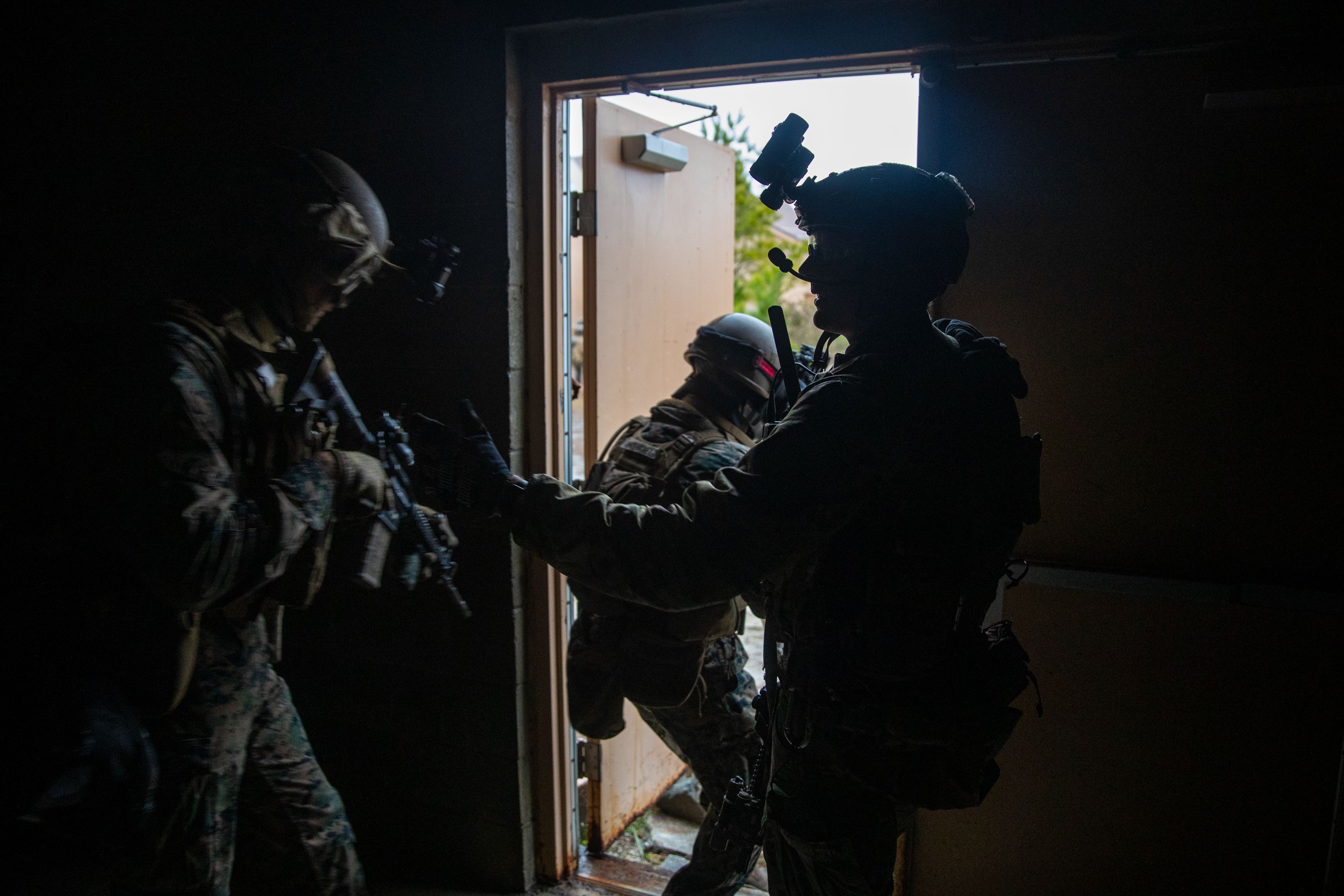The U.S. Army contemplates significant cuts to its Special Operations Forces (SOF) amid recruiting challenges and a shift in strategic focus, even as experts underscore the importance of irregular warfare capabilities. This decision has sparked debate within the defense community about the value and future of special operations in the context of larger conventional warfare.
Key Points:
- Members from various special operations units recently participated in the Ridge Runner Irregular Warfare Exercise in West Virginia, simulating coordination with local leaders and responding to a fictitious aggressive state.
- As the U.S. military modernizes its force, there’s a recognition that while preparing for large-scale conflict is essential, troops are often engaged in smaller skirmishes that influence global power dynamics.
- The Army is considering cuts of 10%-20% in special operations due to recruitment shortfalls and other priorities, potentially impacting the force’s extensive experience in irregular warfare.
- U.S. Special Operations Command has historically been under budgetary scrutiny, and current proposed cuts require thorough justification related to national defense strategies.
- The approach of irregular warfare is unique to SOF, involving long-term commitment to regions, building relationships, and understanding local dynamics, which could be threatened by these cuts.






